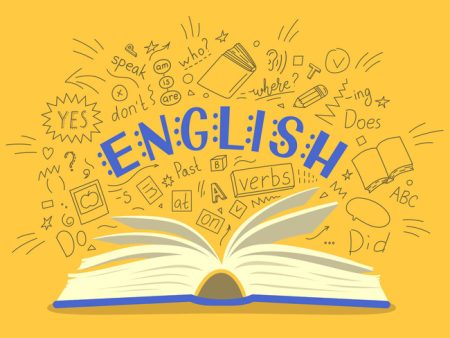English is the most widely spoken language in the world. It is used as either a primary or a secondary language in many countries.
During 1500s, less than 2 million people spoke English. All of them lived in what is now Great Britain. Through the centuries, as the result of various historical events, English is spread throughout the world. Today about 400 million people speak English as their native language. Most of them live in Australia, Canada, Great Britain, Ireland, New Zealand, South America and the United States.
Another 100 million people, chiefly living in Bangladesh, India, Pakistan, and in many African countries, speak English in addition to their own language. An additional 200 million people probably know at least some English.
Pronunciation and spelling in English sometimes seem to be illogical or inconsistent. Many words are spelled similarly though pronounced differently. Examples include cough, though, and through. Other words, such as blue, crew, to, too, and shoe, have similar pronunciation but are spelled differently. Many of these variations show changes that occurred during the development of English. The spelling of some words remained the same through the centuries, though their pronunciation changed.
Grammar is the set of principles used to create sentences. These principles define the elements used to assemble sentences and relationship between the elements. The elements include parts of speech and inflections.
Parts of speech are the word categories of the English language. The traditional description lists eight classes: nouns, pronouns, verbs, adjectives, adverbs, prepositions, conjunctions and interjections. The most important relationship of the parts of speech include subject and verb, verb and predicate, modifier and the word modified.
English has fewer inflections than most other European languages. An inflection is a variation of the form of the word that gives the word a different meaning or function. An English noun has only two inflections, the plural and possessive. Inflections are used to change the tense and number of a verb or the case of a pronoun.
Guljan ORAZNEPESOVA
1st year student of the International Journalism
faculty of the Institute of International Relations
of the Ministry of Foreign Affairs of Turkmenistan





Comments